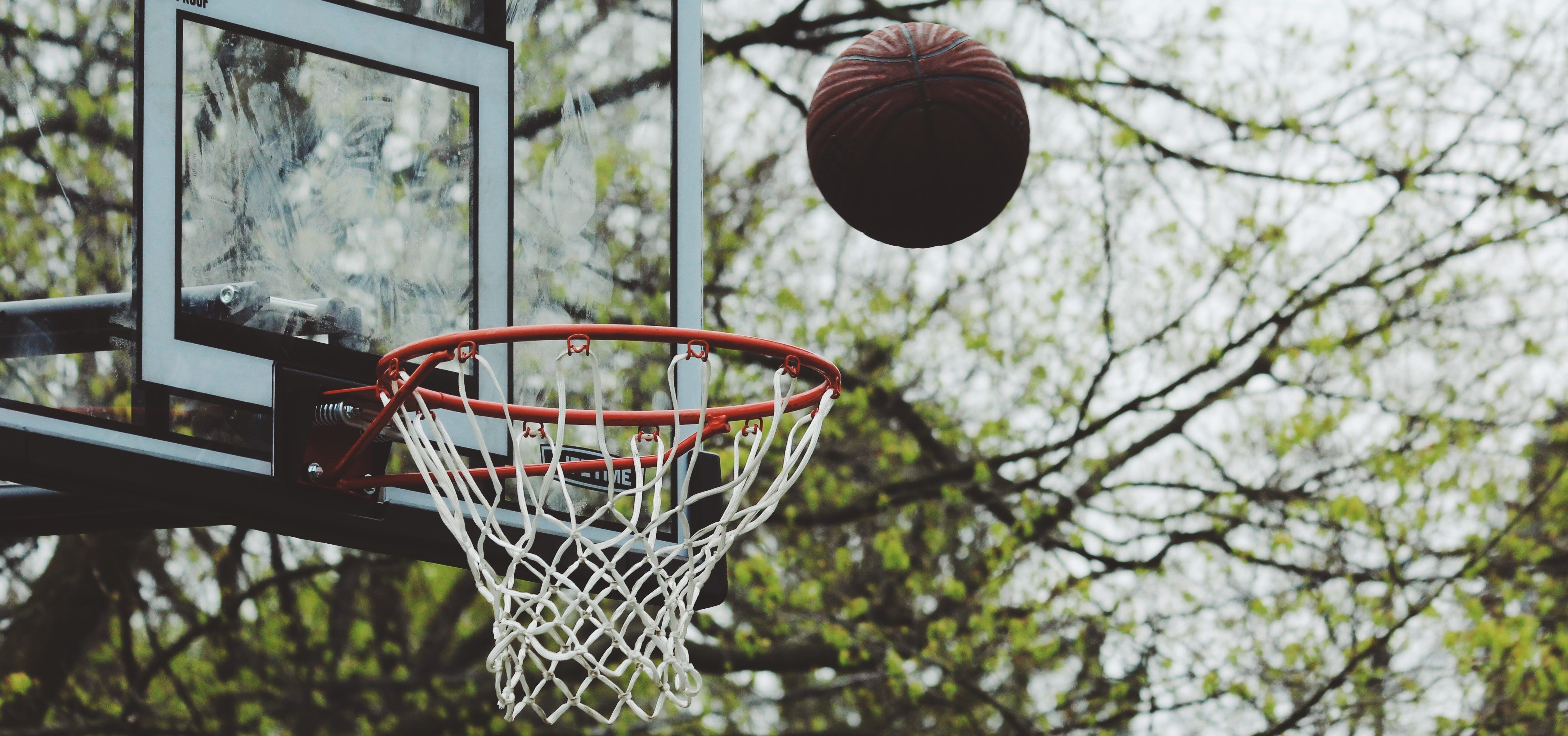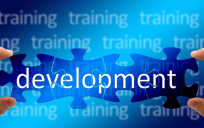There are many work lessons we can learn in sports. There was one season, a few winters ago, where I played two sports casually for fun and exercise. It was a great stress-relief and helped me take a break away from the screen. I played a few hours of volleyball at the local recreation center. Another day of the week, I convinced a friend to join a social dodgeball league.
We made a few mistakes with the latter activity. Participating in both sports illustrated a few important lessons that ended up being very applicable to work.
Volleyball taught me to be adaptable. Since it was a casual set up after work, we formed teams randomly and they would change every week. Over time, you learned the strengths and weaknesses of each player, so when you were on their team, you would adapt the plays to their abilities. You also learned to work with different people with different communication styles.
When someone spikes the ball with a terrifyingly fast hit, I also learned not to run away from it, but instead go after it.
When playing in a social dodgeball league, however, I learned very different lessons. This league was a more structured way to play. Sometimes, you get stuck with the team you’re with for the duration of the league. You try to be adaptable, but as time wears on your weaknesses, as well as theirs, come into play. It becomes difficult to manage your team expectations and performance as well. Our lackluster performance was a result of the lack of leadership and communication in our interactions.
Playing both sports also unexpectedly taught me this important lesson: focus on complimentary activities that overlap with what you want to work on.
Volleyball and dodgeball are two very different team sports. In volleyball, you train yourself to go after the ball and make sure it never hits the floor on your side of the court. You dive for it. In dodgeball on the other hand, you have to dodge the ball that is flying 100 miles per hour to avoid elimination – and subsequently physical pain. You play both very different sports, but it ends up hurting your performance in the other sport because you are conditioned to either dive or duck for the ball.
This taught me to focus on the activities that have complimentary benefits to what I want to achieve in my life. I have to sometimes make sacrifices and balances in order to achieve the most optimal result, whether it be in my professional or personal life as well.
For more reading on work lessons in sports, check out:
What Government Leaders Can Learn From Sports Champions
Elaine Nghiem is part of the GovLoop Featured Contributor program, where we feature articles by government voices from all across the country (and world!). To see more Featured Contributor posts, click here.





Leave a Reply
You must be logged in to post a comment.